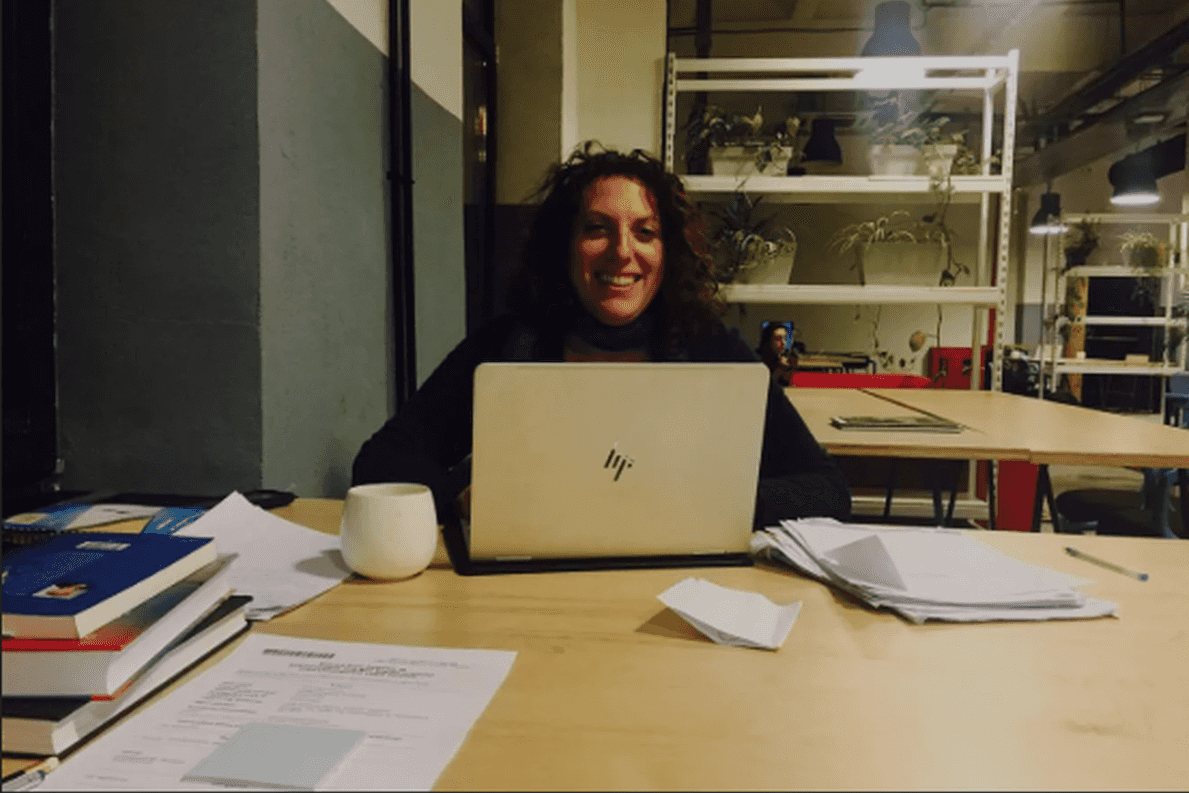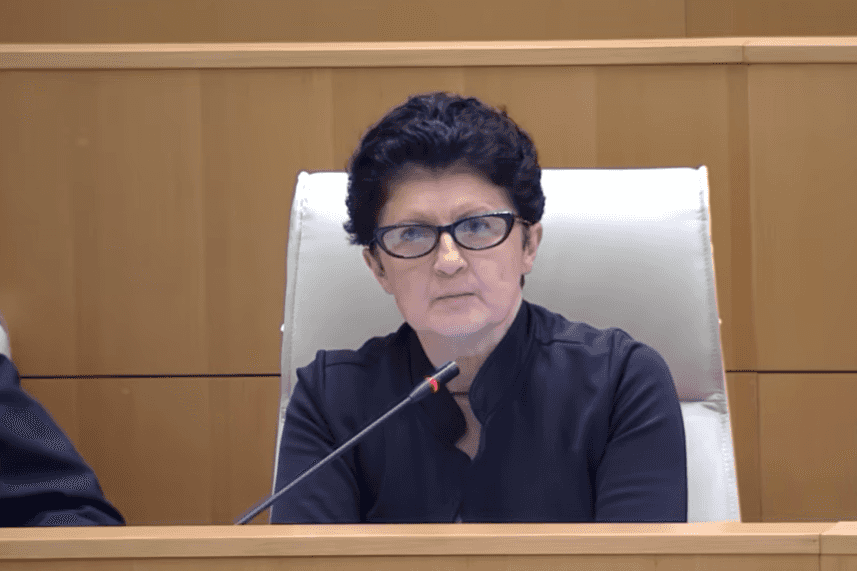
The ruling Georgian Dream party has announced they will establish a database of people involved in or publicly supporting ‘violence, threats, and blackmail’ during the protests against the draft foreign agent law.
Parliamentary Speaker Shalva Papuashvili announced that the party’s political council had decided to establish the database in a press briefing on Wednesday.
Papuashvili did not clarify further on the criteria for inclusion in the list, or the type of information that would be shared in it. He also did not state whether the database would be discontinued after the protests against the foreign agent law end.
‘All this will be posted on a special website and will be public and transparent for citizens of Georgia’, said Papuashvili. ‘All measures will be taken against these people within the framework of the constitution and the law so that violations of the law, threats and violence do not remain without the response from the state or society’.
Papuashvili’s announcement was met with criticism from opposition figures.
Roman Gotsiridze, the chair of the Eurooptimists, said that the database served ‘only one purpose: to start repression so that the Georgian Dream can retain power’.
‘Such a “database of undesirables” existed in the Soviet Union, and then repressions and [deportations] would follow. Such a database existed during fascist Germany when people with different opinions were persecuted’, he told journalists on Wednesday.
‘This statement is illegal, unconstitutional, and creating a registry of some kind of people is a Soviet KGB method, which is not used by any civilised country today, only in two or three authoritarian states’.
As protesters erupted in Georgia against the draft foreign agent law, Georgian officials have consistently accused protesters of attacking or assaulting police officers and parliament.
On Wednesday, Georgia’s State Security Service accused ‘certain groups of people’ of trying to organise provocations during the protests aimed to ‘develop destructive and violent scenarios, which are managed with funding from foreign countries, by leaders of specific parliamentary and non-parliamentary political parties, and non-governmental organisations’.
They echoed similar statements issued by senior Georgian Dream officials.
On 3 May, Papuashvili said that Georgia’s Parliament was subject to an ‘assault […] by agitated youth groups, organised, led, and encouraged by the radical opposition political parties and a group of NGOs’.
He claimed that the police had ‘restrained themselves’ by defending parliament’s entrances and had only used force to secure them and to prevent protesters from storming the building.
Throughout the almost daily protests seen in April and early May, the police deployed pepper spray, tear gas, and water cannons to disperse protesters around parliament.
Riot police have also been seen charging and violently assaulting and detaining protesters, often without warning.
Riot police have charged protesters without warning, making arrests. OC Media witnessed officers beating and kicking several people as they lay on the ground.
➡️Live updates: https://t.co/ij4HNOYDHR pic.twitter.com/4nP3VmaxUV
— OC Media (@OCMediaorg) April 16, 2024
Media and protesters have also reported that riot police had also deployed rubber bullets to disperse protesters, which the Interior Ministry denied.
Met with domestic and international criticism over their violent dispersal of protesters, the Interior Ministry posted on Wednesday an eight-minute long collage showcasing police brutality in Europe and the US.
On Tuesday, the Special Investigation Service, which is responsible for investigating police misconduct, announced they had received 80 calls, including from journalists, about ‘possible illegal actions taken by law enforcement officers against participants of the rally’.
Papuashvili’s announcement came as dozens of activists, public figures, and opposition politicians reported being verbally abused and threatened in Georgian by callers from Ukraine, South Africa, Morocco, Norway, and a number of other countries.
In audio recordings purported to be of the calls, the callers are heard cursing at and threatening people and demanding explanations as to why they opposed the foreign agent law.
Georgia’s foreign agent law would label any civil society or media organisation that received at least 20% of its funding from outside Georgia ‘organisations carrying out the interests of a foreign power’. Such organisations would be subject to ‘monitoring’ by the Ministry of Justice every six months, which lawyers have warned could include forcing them to hand over internal communications and confidential sources. Organisations that do not comply would be subject to large fines.







